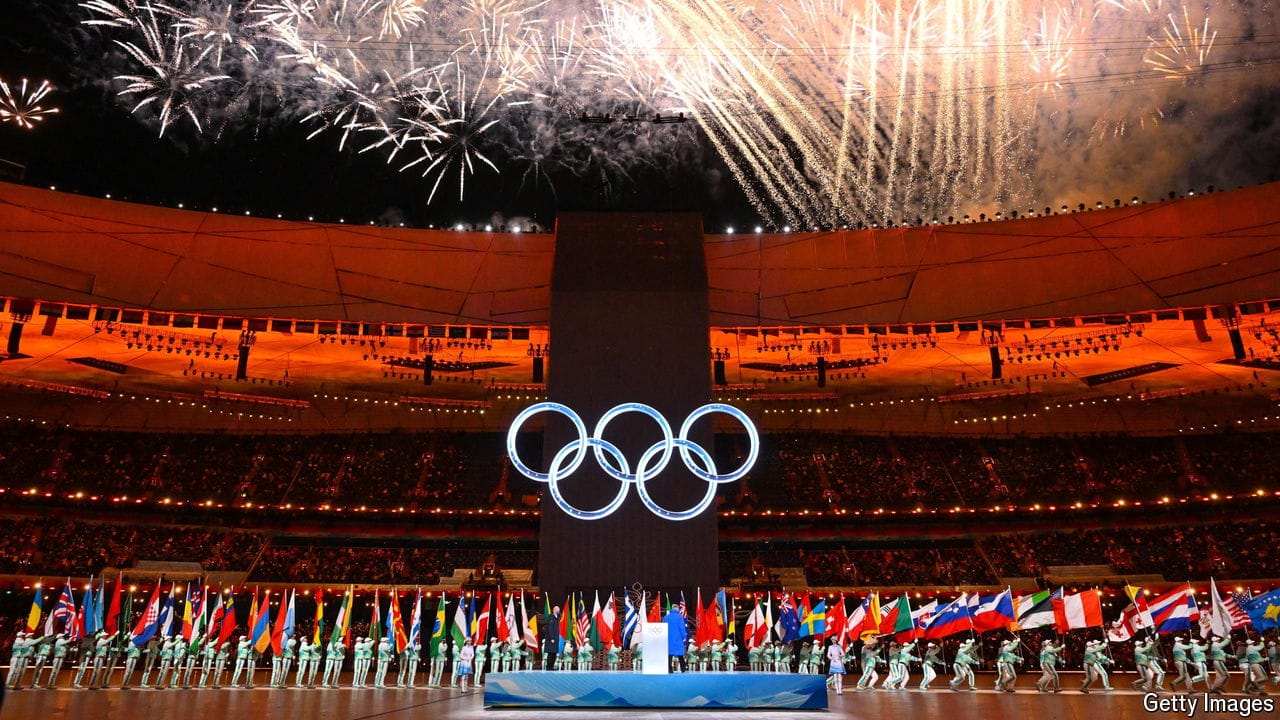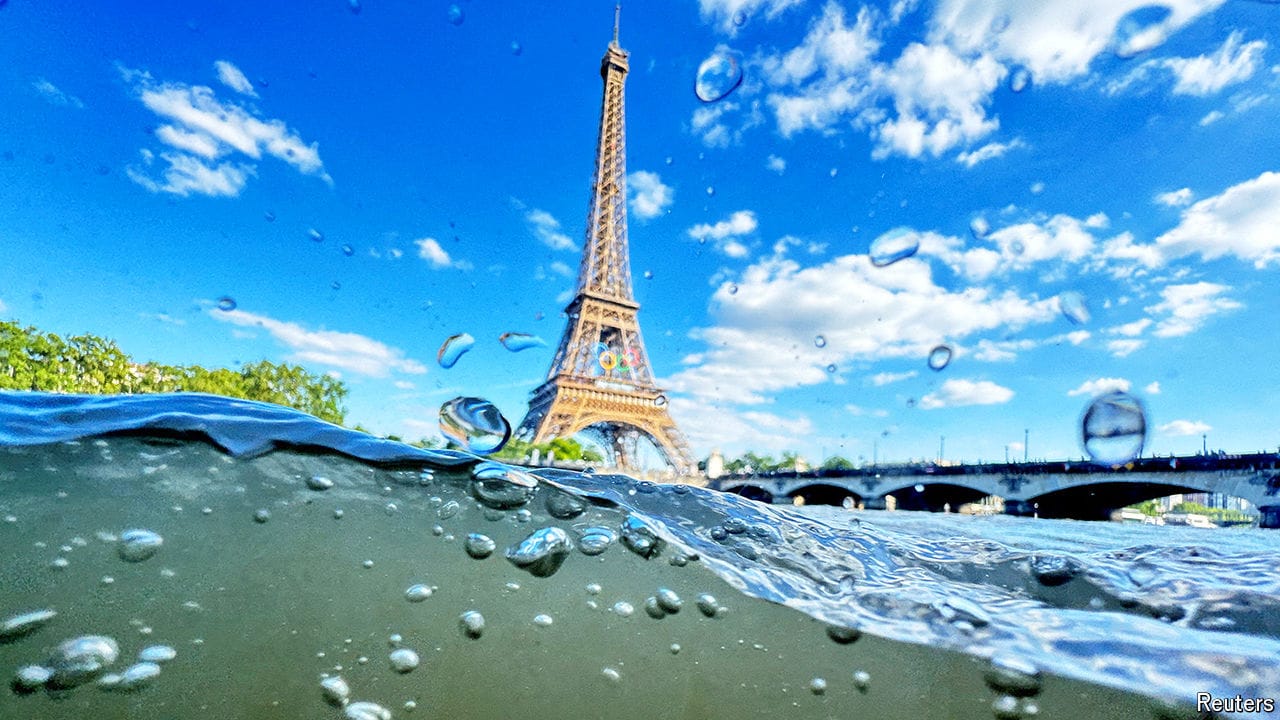The Paris Olympics are breaking’s one shot to become a global sport
But its inclusion was not without controversy

“WE SEE BREAKdancing as a future Olympic sport and ourselves as pioneers in making this a reality.” So proclaimed the New York City Breakers, a dance group, in 1984. Forty years later, on August 9th and 10th, 32 breakers—known also as B-boys and B-girls—will grace the stage in the Place de la Concorde in Paris.
Breaking has indeed broken into the Olympics; it is the only new event at this year’s games. (The term “breakdancing” was coined by journalists and is not used by adherents.) Yet despite its physicality and emphasis on dance “battles”, breaking has tended to wear the label of “sport” uneasily. Practitioners are generally more interested in gold chains than gold medals.
More from Culture

Tinned fish is swimming against the tide
Once a staple of wartime diets, it is now a social-media phenomenon

The most memorable part of the Paris Olympics may be uncompetitive
Opening ceremonies remain a core part of the Olympic experience

The Seine may determine athletes’ success at the Paris Olympics
Yet the river plays an even more vital role in the culture and economy of the city
The real theme of J.D. Vance’s and Donald Trump’s memoirs
“Hillbilly Elegy” and “The Art of the Deal” reveal a lot about who the men are—and were
How “The Blair Witch Project” changed horror films
Released 25 years ago, it was a masterclass in doing more with less
A poignant reflection on Native American “blood quantum” laws
A new novel follows a man cast out from the tribe in which he grew up